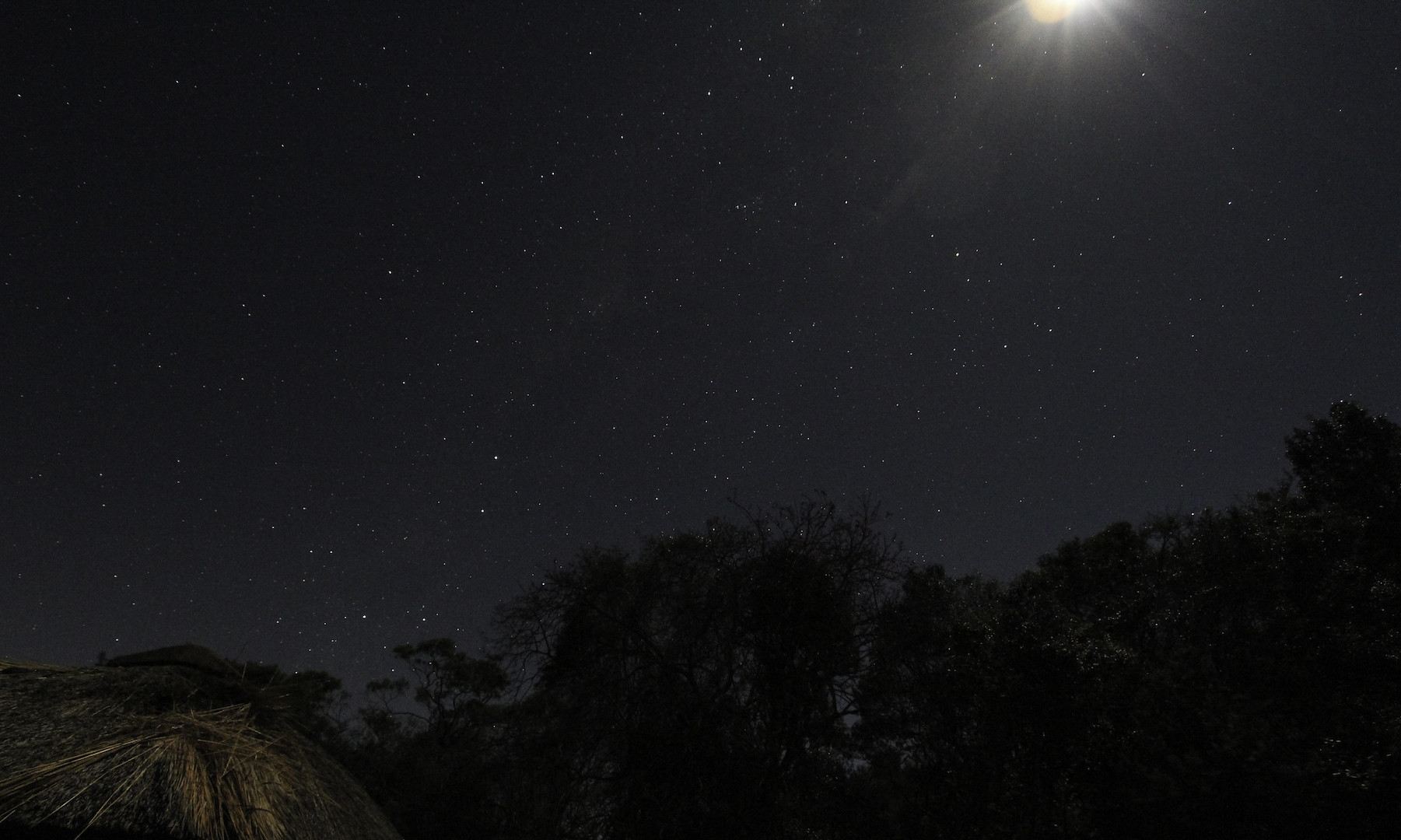Summer always brings hot new musical hits. While most of these songs are filled with fun, cheap beats—and even cheaper lyrics—meant to entertain or distract, one throwback made a surprise return to popularity in some circles during this Covid summer. This oldie was a chart topper back in 1317.
I’m referring to the Stella caeli exstirpavit, a medieval chant petitioning the Blessed Virgin for protection from the plague. Since the Covid-19 outbreak, the chant has made a comeback among Catholics. Many religious houses—such as the Dominican House of Studies, the Dominican Nuns in Linden, VA and Summit, NJ, and the Benedictine Monks of Mount Angel Abbey, OR —have begun singing the chant regularly.
Through this fourteenth century chant, we can tap into the memory of the Church and find some guidance on how to respond existentially—not just procedurally—to the uncertainties and challenges of the current pandemic.
When the plague broke out in 1317, a now familiar terror set in, including the fear of contact with others who might carry the hidden disease. As one town became a hotspot, the local monastery of cloistered nuns considered running for the hills. Suddenly, a strange beggar appeared and passed them a paper. Unfolding the paper, they found a prayer to the Blessed Virgin that he instructed them to pray daily for their protection.
That chant, Stella caeli exstirpavit, became the cry of Christians in the many recurrences of the plague that followed. Listen to this haunting supplication here or here:
Stélla caéli exstirpávit
quae lactávit Dóminum:
Mórtis péstem quam plantávit
prímus párens hóminum.
Ipsa stélla nunc dignétur sídera compéscere,
Quórum bélla plébem caédunt dírae mórtis úlcere.
O piíssima stélla máris a péste succúre nóbis:
Audi nos, nam fílius tuus níhil négans te honórat.
Sálva nos, Jésu pro quíbus vírgo máter te órat.
The star of heaven, she who nourished the Lord, has uprooted the plague of death which the first parent of mankind planted.
That very star is now worthy to restrain the constellation, whose wars cut down the people with the sore of dreaded death.
O most loving star of the sea, save us from the plague:
Hear us, for the son, denying nothing, honors you.
Save us, Jesus! For us, the virgin mother entreats you.
It is a short prayer, but one that tells a rich story, our story. God planted a garden and set our first parents there. He also cultivated their souls, planting within them special graces protecting them from sickness and death. God didn’t make death or intend his garden to be a place where death lurked (cf. Wis 1:13-15).
By rejecting God, however, our first parents uprooted the seeds of immortality and planted in their stead “the plague of death,” Original Sin, the wound in our nature that opened us up to sickness and death. Our first parents planted this sickly seed and we have harvested its rotten fruit, including Covid-19, to this day. (For more on the relationship between Original Sin and diseases, watch “Is the Coronavirus a Punishment from God?” by Fr. Dominic Legge and “Plagues: What We Can Learn from the Bible” by Fr. Anthony Giambrone.)
Living in a world full of sickness and death, we may wish to curse our stars. Indeed, people have often looked to heavenly constellations fearing what they might portend. While not subscribing to a fatalistic astrological outlook, the Scriptures describe Satan leading the rebellion of the fallen angels using the imagery of the stars: Satan’s “tail swept down a third of the stars of heaven, and cast them to the earth” (Rev 12:4).
These fallen angels, no longer “stars of heaven,” sow violence upon the earth, forming “the constellation, whose wars cut down the people with the sore of dreaded death.” In our fallen world, then, we contend with the effects of the evil implanted in our nature, but also with the mischief of the agents of evil.
But God never abandoned his garden to be choked to death by weeds. In the Blessed Virgin Mary, God begins the story of our replanting, first uprooting Original Sin from human nature by preserving her from all stain of sin. From the verdant garden of Mary’s humanity sprang the healing antidote to sickness and death.
Unlike the demonic constellations of the enemy which are cast down from heaven, Mary is the Star of Heaven arising to frustrate the machinations of the devil. In her person and through the fruit of her womb, God re-orders creation, shifting the cosmic balance in our favor.
Sometimes we forget how broken and susceptible to decay our world is. The current pandemic can jog our memory and point us where to turn for help. Mary is not just the beginning of God healing our nature or a cold, impersonal, cosmic sign. She is our “most loving star of the sea,” a continual maternal protection. “[S]he who nourished the Lord” nourishes us too.
✠
Photo by Fr. Lawrence Lew, O.P. (used with permission)







